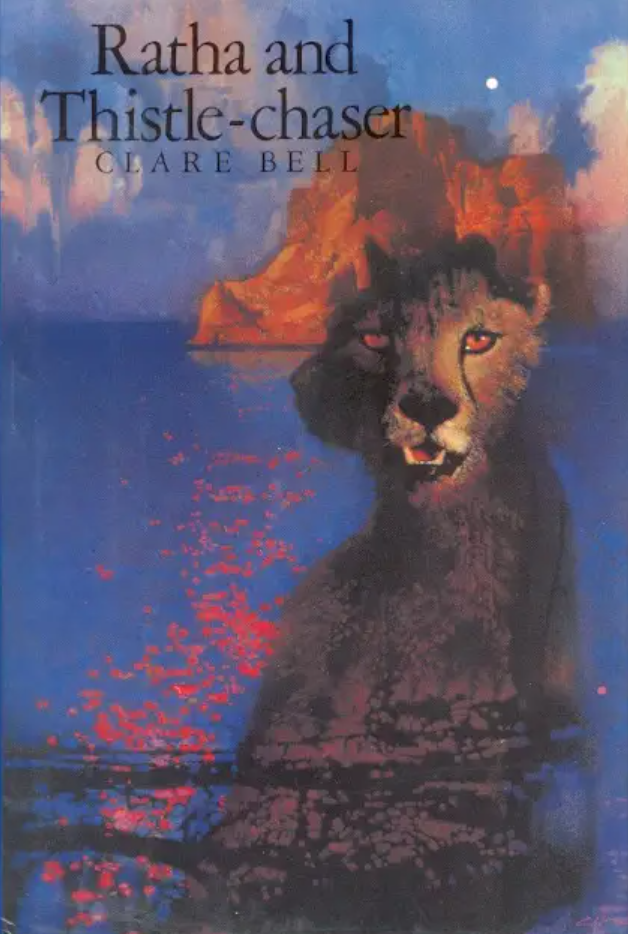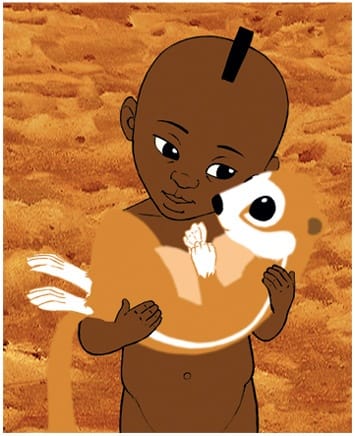"Where did my daddy go?"
I started writing this essay years ago, but I deleted it because I knew the themes are terribly personal, and I wanted to work with them on the most personal level possible instead of having the essay do the talking for me when I was really just trying to have a conversation with my father.
But now it's time to just get it out there, because my dad doesn't return my calls, and ouch.
Way back when I started looking at fairy tale structure, and the story of Thrushbeard in particular, I looked at stories in a way that kept track of:
- which characters entered as another left – the fuller image of a story is revealed by seeing all characters as part of the same image. (In You've Got Mail, for example, the person you hate and the person you love are the same person. In Moonstruck, both brothers form a larger image even though they are separate characters.)
and
- whether the story involved growth through navigating timelessness, or through action and adventure (coming into a relationship with time), or both.
I also combined that lens with something my ex-husband had told me – "the first scene of any movie tells you what it's about."
I love vintage Disney films, and as I'd done with fairy tales, I went hunting to see if any were structurally rooted in a feminine perspective, and if so, whether they were saying something that felt accurate to the feminine experience.
The Little Mermaid starts with sailors singing about King Triton, so that's a nope; if you look at the movie like a math equation, Ariel's inside of the Triton brackets. Mulan starts with a male soldier on the Great Wall, so even though she's the titular character, the STORY ITSELF is not driven by her, she's within it. On and on, the same pattern prevailed, until...
The Great Mouse Detective. It starts off like a shot from a cannon and it's directed from Olivia's perspective. The story itself is feminine and it's driven by her question:
"Where did my daddy go?"
It also takes place within a Queendom, not a kingdom ruled by a father, even though the missing father is the driver for the action. I see that there are three fathers in The Great Mouse Detective.
Basil is the ambivalent father who helps Olivia sort out her problem even though he sees her as tangential to his own war with his shadow.
Ratigan is the primal, ego-driven, mask-wearing shadow father who's trying to take over the Queendom – Lois Khan would say that the Queendom represents the feminine psyche.
The toymaker father is the "good" one, the one Olivia prefers to identify as her father, but in this story, he's the aspect that's gone missing.
There's a Jekyll and Hyde thread in this movie that scares me. There was the face my father decided he should show and then there was the rest. I wondered where my toymaker father went whenever he went to work, and whenever he kept working when he came back. I could feel the hidden self and (as a young child, like Olivia) often interacted with the ambivalent father in between.
Olivia's always getting thrown into a cupboard or a glass bottle when the toymaker's shadow, Ratigan, shows up. But she still drives the action of the story.
There seems to be a weird paradox with story titles – if the titular character is female, it's probably not a feminine story, it's just another kingdom setting. To the casual eye, something called The Great Mouse Detective is about Basil. But if you look at the story itself, it belongs to Olivia.
To Kill a Mockingbird has a few different fathers as well. Atticus and Mr. Yule are basically aspects of the same character.
It takes a lot of strength to hold your shadow back, and it's hard when someone you love is also scary. I might never really know my dad – either of my parents, really – because most of the truth is in the shadows around the edge of my picture of them. But TGM helped me understand my own relationship, especially as a young child, to these different aspects of my own father – and it's great film to boot.





Member discussion